All handhelds in the EU must have replaceable batteries by 2027
by Danny Craig ·
Updated
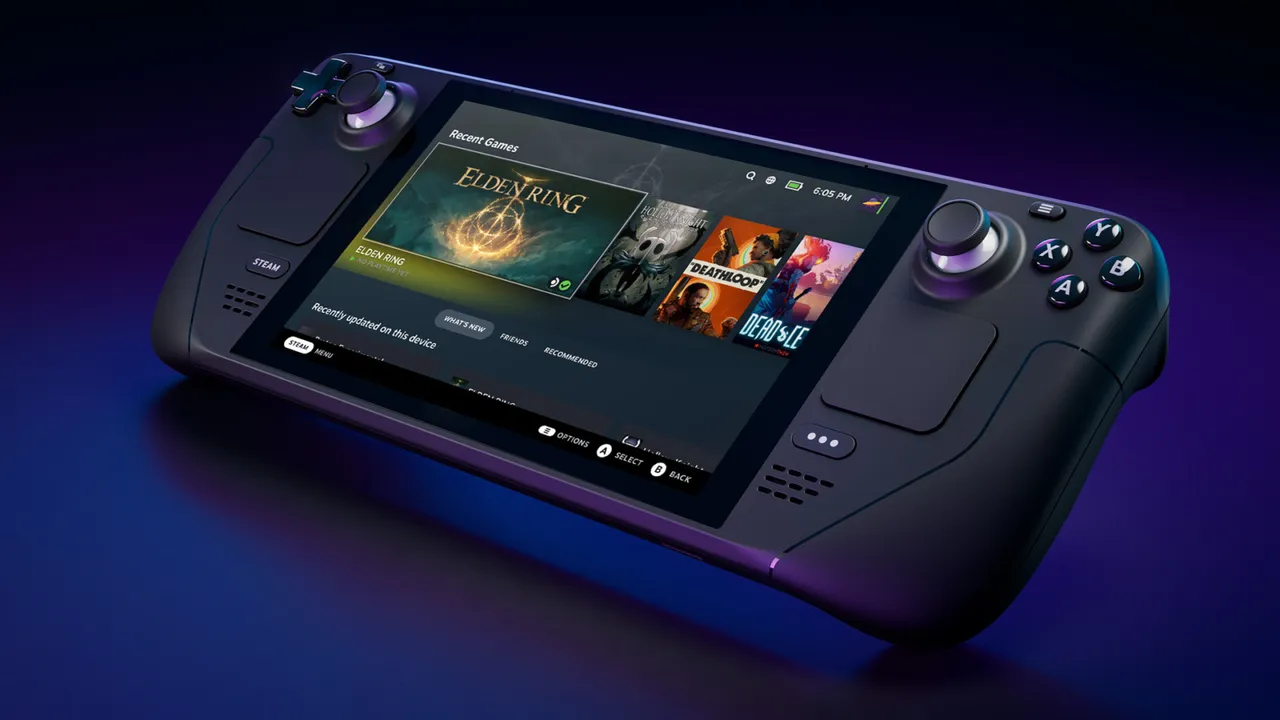
Valve
The European Council recently adopted a regulation requiring manufacturers to include replaceable batteries in all handheld electronic devices, including gaming consoles.
The details:
- The new regulation "strengthens sustainability rules for batteries and waste batteries," regulates the entire lifecycle of a battery, and promotes the competitiveness of European industry and ensures new batteries are sustainable and contribute to the green transition.” It will almost certainly only affect new products, which means that products released before the 2027 deadline can continue to be sold as is, with any revisions or new devices required to comply with the new regulation.
- This means that future revisions or successors to gaming systems such as the Steam Deck, ROG Ally, and Nintendo Switch may allow consumers to open up the console and easily replace the battery with common household tools, eliminating the need for players to send the consoles in for repairs or even purchase entirely new units if they are out of warranty. "The batteries of gaming handhelds are covered by the batteries and waste batteries regulation," a source in the EU confirmed to Overkill.
- Battery life has traditionally been an issue with handheld devices, with the original Nintendo Switch only lasting two and a half hours when playing games, and possibly even less depending on the overall health of the battery itself. Steam Deck designer Pierre-Loup Griffais also stated in a Famitsu interview last year that one of the system's major drawbacks is its battery life, implying that it will most likely be one of the areas of improvement for a future revision.
More gaming news:
- Xbox Live Gold will be phased out in favor of a new Game Pass tier called "Game Pass Core." All current Gold features will be retained, except the Games With Gold program, which will be replaced by a selection of 25 Game Pass titles.
- Following Microsoft's victory against the Federal Trade Commission in its acquisition of Activision Blizzard, Sony and Microsoft have agreed to keep Call of Duty on PlayStation. Microsoft had previously offered a similar deal, but it appears that Sony has finally agreed to the deal now that the threat of exclusivity has put pressure on the rival.
Featured Jobs
More Jobs
Game Operations Associate (Esports)
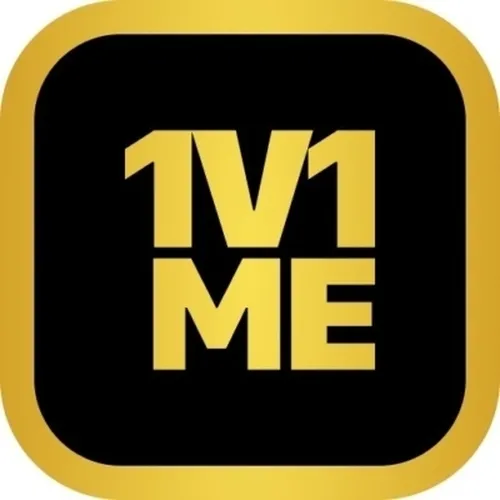 1v1Me
1v1Me
🌎
Remote (USA)
3D Artist & Animator
 Fresh Vintage
Fresh Vintage
🌎
Remote (Anywhere)
Associate QA Tester: Compliance (Night Shift)
 Rockstar Games
Rockstar Games
🇬🇧
Lincoln, UK
Account Manager - Influencer Marketing
 Aftershock Media Group
Aftershock Media Group
🌎
Remote (Anywhere)
Environment Artist (Star Wars Jedi)
 Respawn Entertainment
Respawn Entertainment
🇺🇸
Los Angeles, CA, USA
+ 6 more
(Russian) Associate Quality Assurance Tester / Language Development Support
 Naughty Dog
Naughty Dog
🇺🇸
Santa Monica, CA, USA
+ 1 more
Latest News
More News
-
 XCOM creator Jake Solomon's Midsummer Studios shuts down
XCOM creator Jake Solomon's Midsummer Studios shuts down -
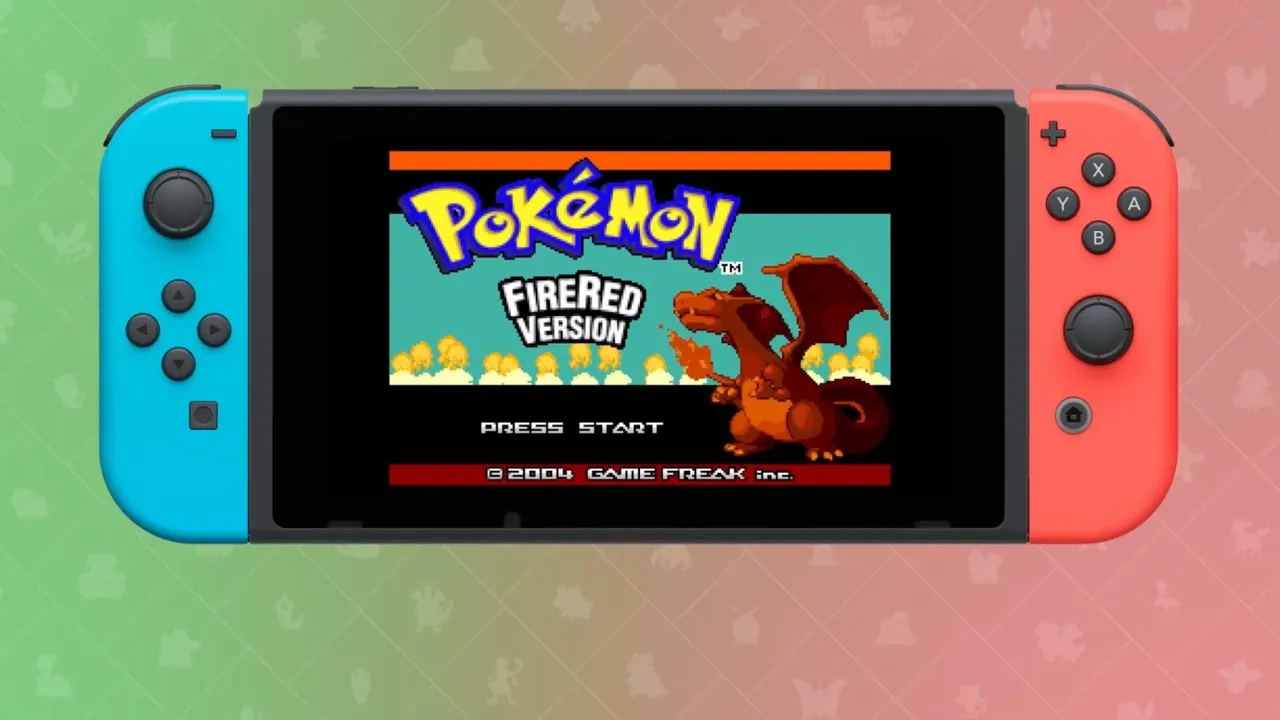 Pokémon FireRed and LeafGreen are coming to Nintendo Switch alongside a new Pokémon Presents
Pokémon FireRed and LeafGreen are coming to Nintendo Switch alongside a new Pokémon Presents -
 Ubisoft announces layoffs at Splinter Cell remake studio, but the game has not been cancelled
Ubisoft announces layoffs at Splinter Cell remake studio, but the game has not been cancelled -
 Demon's Souls remake developer Bluepoint is shutting down, Sony confirms
Demon's Souls remake developer Bluepoint is shutting down, Sony confirms -
 Nintendo shadow drops Xenoblade Chronicles X: Definitive Edition Switch 2 upgrade
Nintendo shadow drops Xenoblade Chronicles X: Definitive Edition Switch 2 upgrade -
 EA receives permission from commentator to generate EA FC 26 voice lines using AI
EA receives permission from commentator to generate EA FC 26 voice lines using AI -
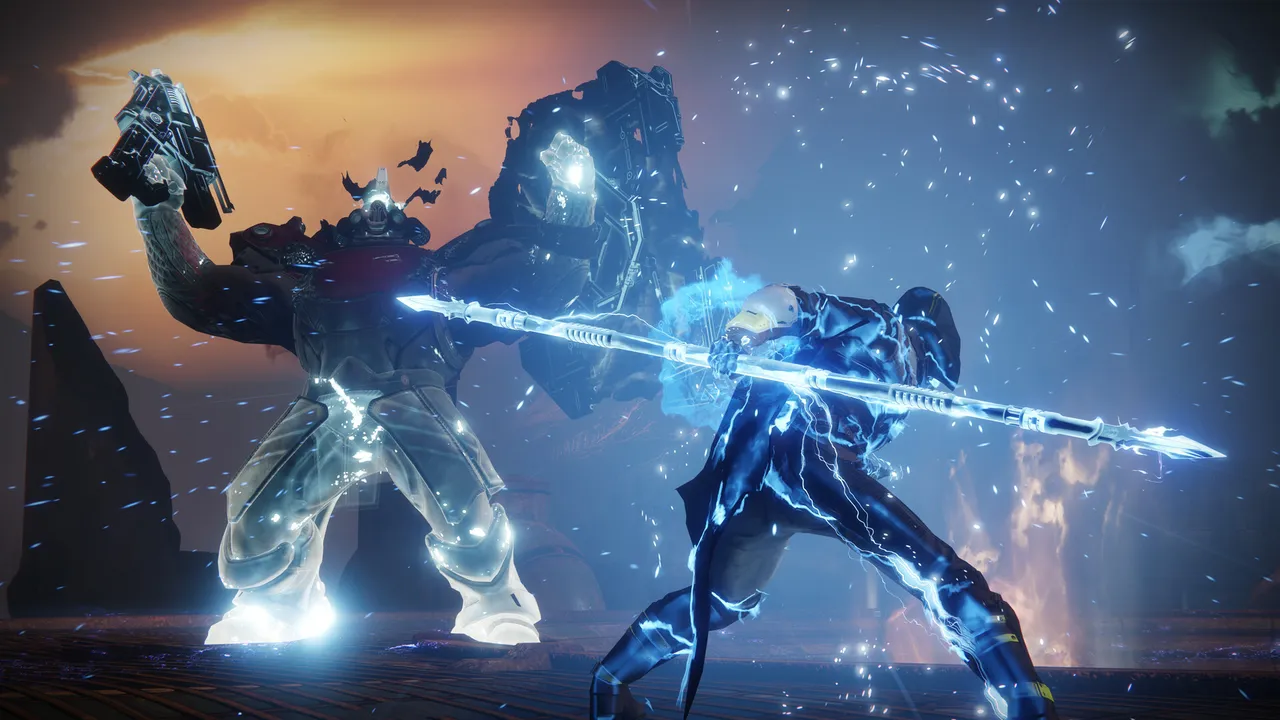 Destiny 2's Shadow and Order update has been delayed by several months, Bungie announces
Destiny 2's Shadow and Order update has been delayed by several months, Bungie announces -
 Mewgenics sells over one million copies in just a week, exceeding developer expectations
Mewgenics sells over one million copies in just a week, exceeding developer expectations -
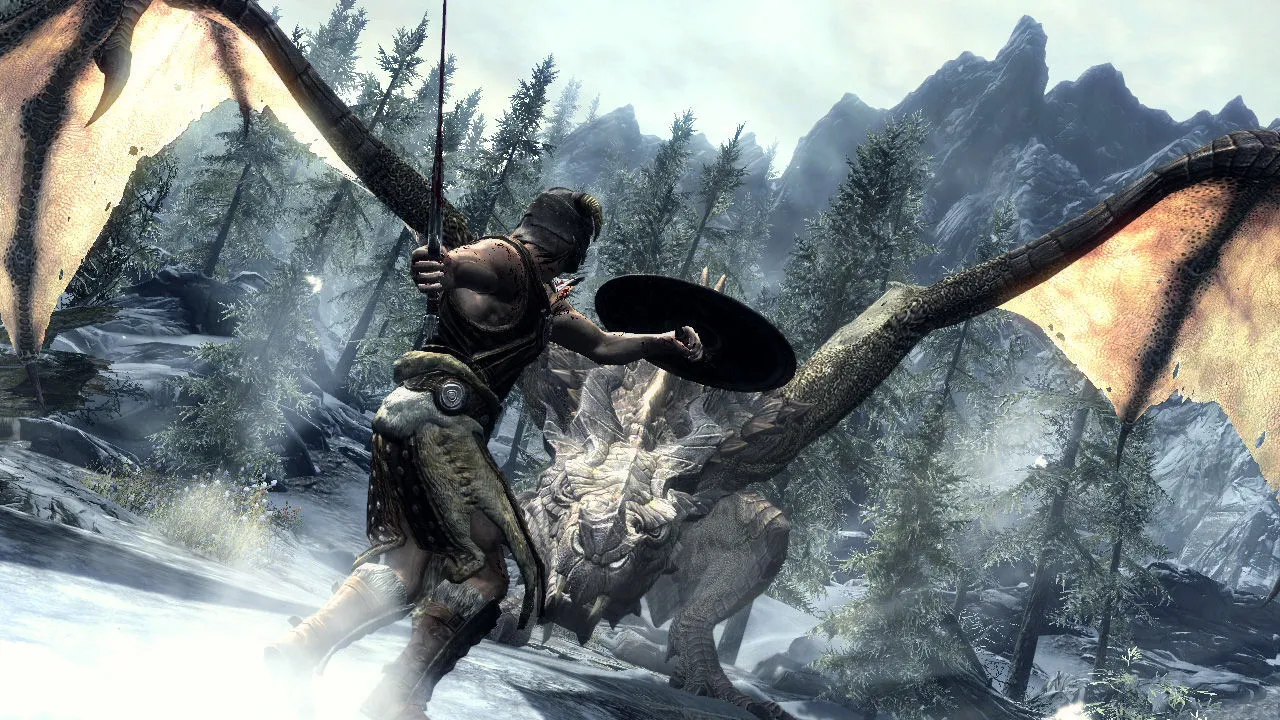 Skyrim finally receives performance and quality modes on the Nintendo Switch 2, addressing frame rate issues
Skyrim finally receives performance and quality modes on the Nintendo Switch 2, addressing frame rate issues -
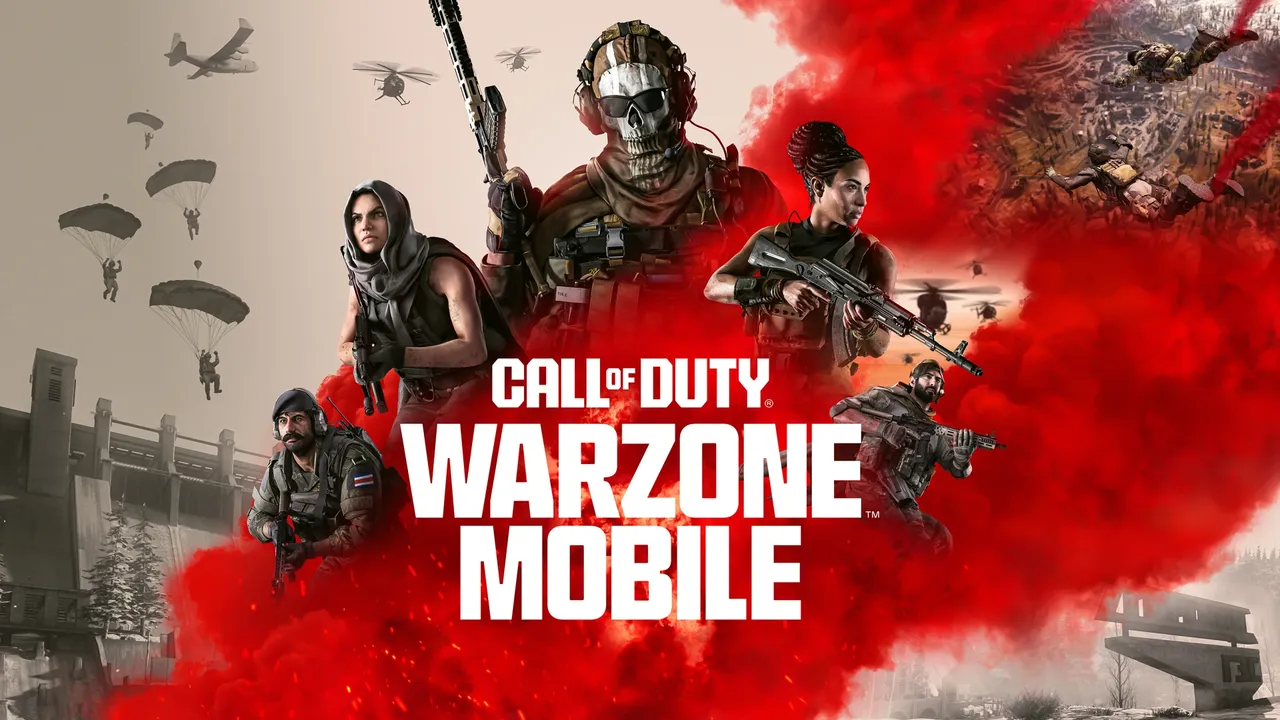 Call of Duty: Warzone Mobile is shutting down in April, Activision confirms
Call of Duty: Warzone Mobile is shutting down in April, Activision confirms -
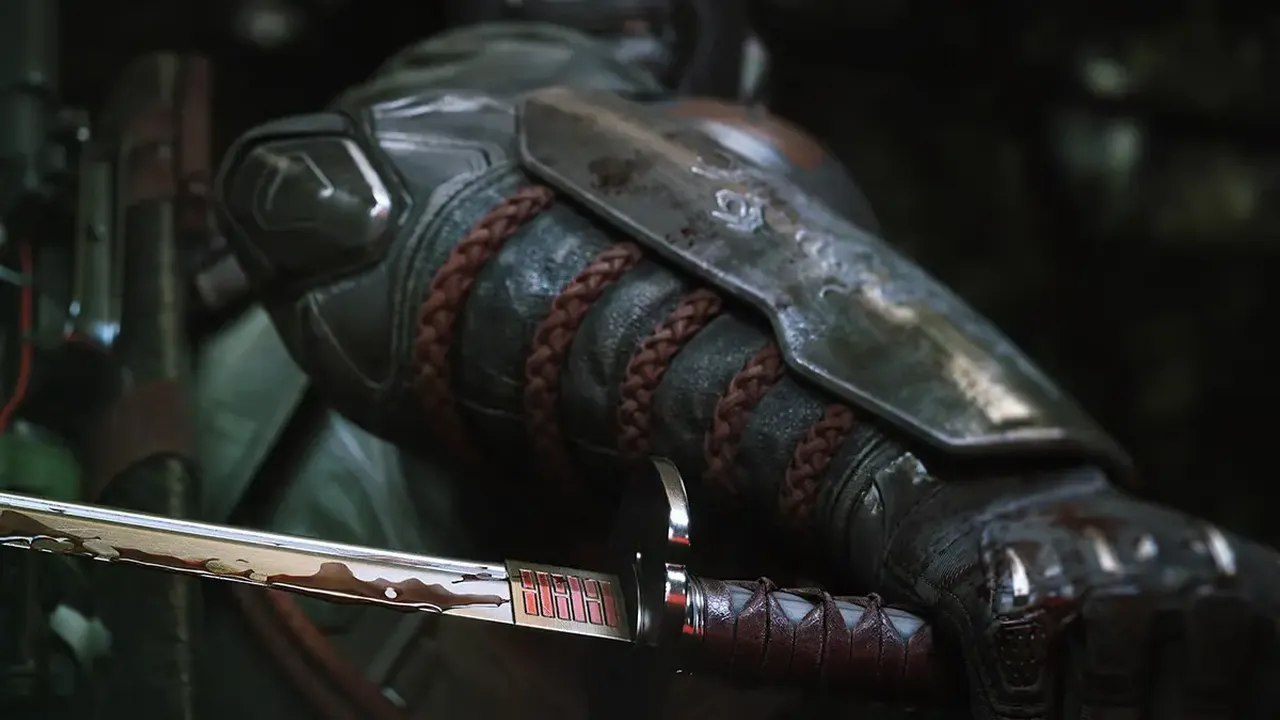 Hasbro shuts down G.I. Joe game developer Atomic Arcade, Snake Eyes project not cancelled
Hasbro shuts down G.I. Joe game developer Atomic Arcade, Snake Eyes project not cancelled -
 .hack//Z.E.R.O. announced by developer CyberConnect2
.hack//Z.E.R.O. announced by developer CyberConnect2